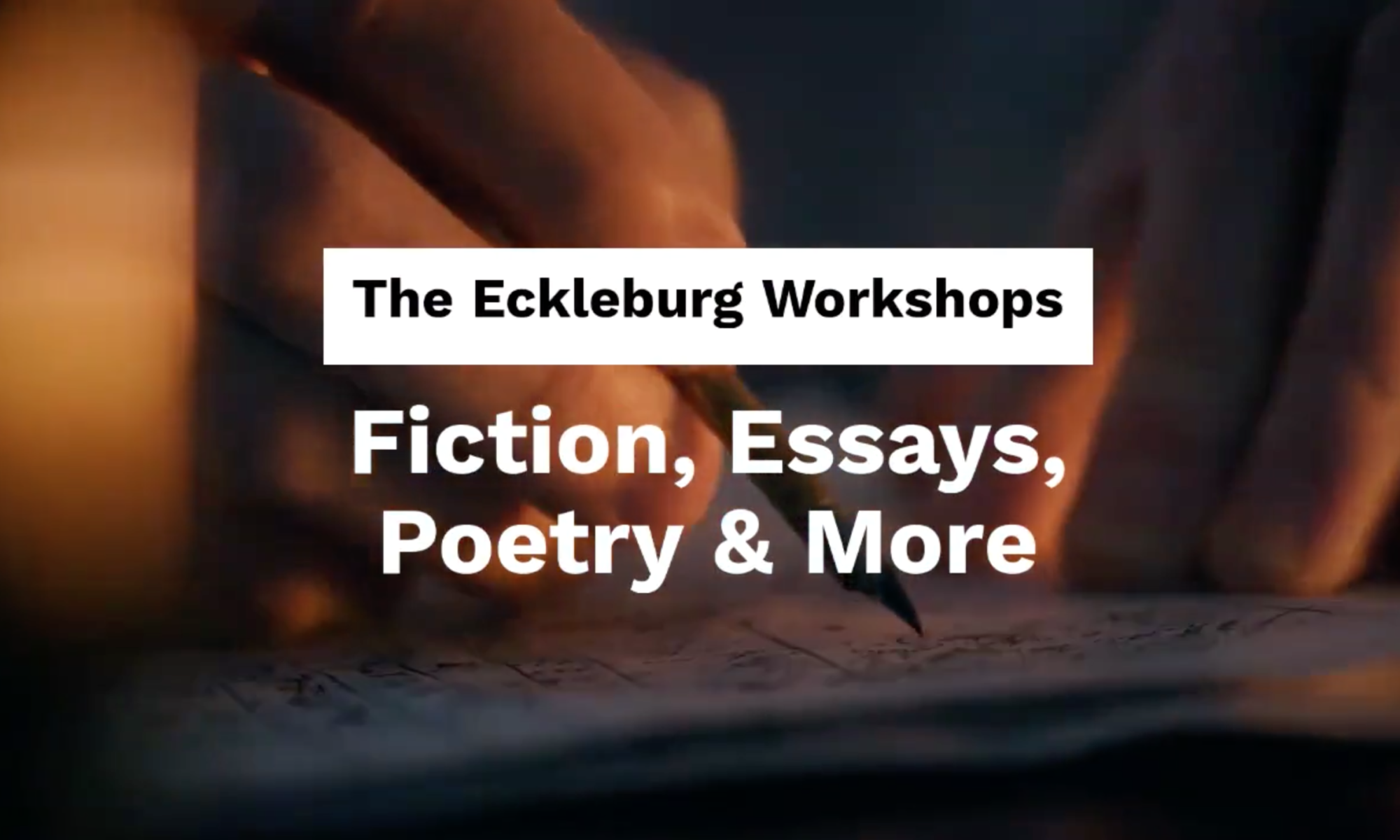Anaphora is one of the rhetorical devices of repetition, in which the same expression (word or words) is repeated at the beginning of two or more lines, clauses or sentences. (A Handbook to Literature)
Anaphora Writing Exercise
Choose an essential moment in a previously written work. This moment should be one in which you want the reader to more slowly experience each and every second of it.
Which phrase stands out most in this section? Play with this phrase and replicate it in order to slow the moment even further. Also, consider how the replication of phrase can create a sense of closure and cyclical movement within the section.
An analogy is a comparison of two things, alike in certain aspects; particularly a method used in exposition and description by which something unfamiliar is explained by being compared to something more familiar. In argumentation and logic, it is frequently employed to justify contentions and is widely used in poetry but also in other forms of writing; a simile is an expressed analogy, a metaphor is an implied one. (A Handbook to Literature)
Origin
late Middle English (in the sense ‘appropriateness, correspondence’): from French analogie,Latin analogia ‘proportion,’ from Greek, from analogos ‘proportionate.’ (New Oxford American)
Analogy Writing Exercise
Choose a scene or section of a previously written work in which the narrator or a character needs to explain something to the reader and is currently attempting to explain in a literal, direct way. Study the intention of the explanation and the subject of the explanation.
Next, choose your favorite parable. Think Aesop. How might you rewrite this favorite parable to fit your scene’s explanatory needs? Rewrite the scene using the parable rewrite.
Submit Your Work for Individualized Feedback
Please use Universal Manuscript Guidelines when submitting: .doc or .docx, double spacing, 10-12 pt font, Times New Roman, 1 inch margins, first page header with contact information, section breaks “***” or “#.”
Sources
A Handbook to Literature
“Cogito et Histoire de la Folie.” Jacques Derrida.
Eats Shoots and Leaves: The Zero Tolerance Approach to Punctuation
The Elements of Style.
New Oxford American Dictionary
The Norton Anthology of World Literature
The Norton Introduction to Philosophy
Woe is I: The Grammarphobe’s Guide to Better English in Plain English
Writing Fiction: A Guide to Narrative Craft
Writing the Other



